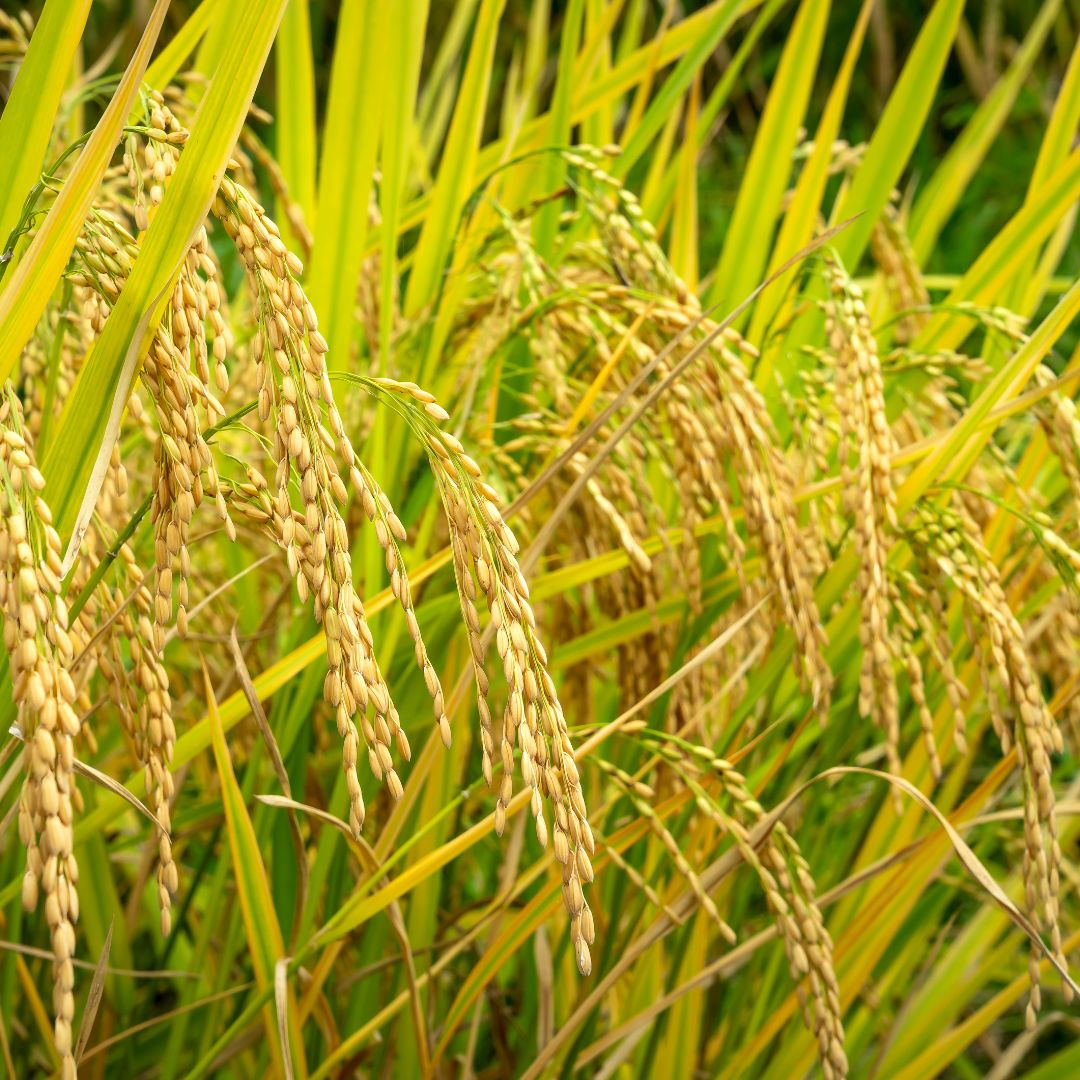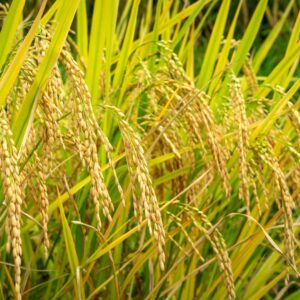
5 Best Basmati Rice for Biryani
Biryani is one of the most cherished dishes in Indian cuisine, known for its rich flavors and aromatic spices. However, the secret to a perfect biryani lies not just in the spices or the cooking method but significantly in the choice of rice. Basmati rice, with its long grains and fragrant aroma, is the preferred choice for biryani lovers. In this extensive guide, we will explore the best basmati rice options for making biryani, their unique characteristics, and tips on how to choose the right one for your culinary needs.

Understanding Basmati Rice
Basmati rice is a long-grain rice variety known for its distinct aroma and fluffy texture when cooked. Originating from the Indian subcontinent, it is primarily grown in the Himalayan region, particularly in India and Pakistan. The word “Basmati” translates to “fragrant” in Sanskrit, which perfectly describes its delightful aroma.
Types of Basmati Rice
- White Basmati: The most common form, polished to remove the outer bran layer.
- Brown Basmati: Whole grain rice that retains its bran layer, offering more fiber and nutrients.
- Golden Sella: Parboiled basmati rice that holds its shape well during cooking.
Characteristics of Good Basmati Rice
When selecting basmati rice for biryani, there are several characteristics to consider:
- Grain Length: Good quality basmati rice should have long grains that elongate further when cooked.
- Aroma: A strong, pleasant fragrance is essential; aged basmati rice tends to have a more pronounced aroma.
- Texture: The rice should be fluffy and non-sticky once cooked.
- Color: High-quality basmati rice is usually white or slightly off-white.
Top Brands of Basmati Rice for Biryani
Here are some of the best brands of basmati rice that are highly recommended for making delicious biryani:
Daawat Basmati Rice
Daawat offers a range of basmati rice products, with their Super Basmati being a popular choice among home cooks and chefs alike. Known for its extra-long grains and delightful aroma, Daawat Super Basmati elevates any biryani dish.
India Gate Basmati Rice
India Gate is another trusted brand that provides high-quality basmati rice options, including Mogra and Classic varieties. Their rice is known for its excellent elongation when cooked and rich flavor, making it ideal for biryani.
Kohinoor Basmati Rice
Kohinoor Charminar Select Basmati Rice is recognized for its slender grains and captivating aroma. This brand has gained popularity among biryani enthusiasts due to its consistent quality and flavor.
Fortune Basmati Rice
Fortune offers a variety of basmati rice options suitable for everyday cooking as well as special occasions. Their Everyday and Premium varieties are both excellent choices for preparing flavorful biryanis.
Vedaka Super Basmati Rice
Vedaka Super Basmati Rice is harvested from the foothills of the Himalayas and is known for its long grains and aromatic qualities. This brand provides great value for money while ensuring a delicious outcome in your biryani preparations.
How to Cook Basmati Rice for Biryani
Cooking basmati rice properly is crucial to achieving the perfect biryani texture. Here’s a simple method to cook basmati rice:
Ingredients:
- 2 cups basmati rice
- 4 cups water
- Salt (to taste)
- Whole spices (optional): cloves, cardamom, bay leaf
Instructions:
- Rinse the Rice: Wash the basmati rice under cold water until the water runs clear to remove excess starch.
- Soak the Rice: Soak the rinsed rice in water for about 30 minutes to allow it to absorb moisture.
- Boil Water: In a large pot, bring water to a boil; add salt and any whole spices you wish to use.
- Cook the Rice: Add soaked rice to boiling water and cook until it’s about 70% done (the grains should still have a slight bite).
- Drain and Set Aside: Drain the cooked rice in a colander and set aside while you prepare your biryani layers.
Tips for Choosing the Best Basmati Rice
When selecting basmati rice for your biryani, consider these tips:
- Look for Aged Rice: Aged basmati rice tends to have better flavor and aroma compared to newly harvested varieties.
- Check Grain Length: Opt for brands that offer extra-long grains as they yield better results in biryani preparation.
- Read Reviews: Look at customer reviews or ratings online to gauge quality before purchasing.
- Purchase from Reputable Sources: Buy from trusted grocery stores or online retailers known for selling high-quality products.
Nutritional Value of Basmati Rice
Basmati rice offers several nutritional benefits:
- Calories: Approximately 200 calories per cooked cup (158 grams).
- Carbohydrates: About 45 grams per cup.
- Protein: Roughly 4 grams per cup.
- Fiber: Brown basmati contains more fiber compared to white due to its bran layer.
Basmati rice is gluten-free and low in fat, making it a healthy choice when consumed in moderation.
Common FAQs
Can I use any type of basmati rice for biryani?
While you can use different types of basmati rice, long-grain-aged varieties are preferred as they provide better texture and flavor.
How do I store leftover cooked basmati rice?
Store leftover cooked basmati rice in an airtight container in the refrigerator for up to three days.
Is brown basmati better than white?
Brown basmati has more fiber and nutrients due to its bran layer but may require longer cooking time compared to white basmati.
What’s the difference between parboiled and regular basmati?
Parboiled basmati is partially cooked before milling, which helps retain nutrients and gives it a firmer texture when cooked.
Conclusion
Choosing the right basmati rice is essential for preparing an authentic and flavorful biryani that will impress your family and friends. With various brands available on the market—each offering unique characteristics—you’re sure to find one that suits your taste preferences perfectly. Whether you opt for Daawat, India Gate, Kohinoor, Fortune, or Vedaka Super Basmati Rice, remember that proper cooking techniques will enhance your biryani experience even further! Enjoy your culinary adventures with this beloved dish!
